Veterans who were exposed to Agent Orange who develop a condition that is not on the VA's list of Agent Orange diseases that are presumptively caused by Agent Orange have a difficult time convincing the VA that their condition resulted from Agent Orange exposure When a Vietnam veteran has a condition that is not recognized as a presumptive condition, the veteran By 1978, Agent Orange and its potential effects had become a national controversy In response, the VA began offering veterans free examinations and regular notifications when new information A disorder characterized by liver dysfunction and by thinning and blistering of the skin in sunexposed areas Under VA's rating regulations, it must be at least 10 percent disabling within one year of exposure to herbicides Prostate Cancer Cancer of the prostate;

The Children Of Agent Orange Propublica
Effects of agent orange on skin
Effects of agent orange on skin- However, evidence of longterm effects from exposure to Agent Orange emerges slowly In the National Academy of Science's latest Agent Orange update in 18, 43 years after the war ended, two more illnesses were added to its original list of five hypertension and monoclonal gammopathy (a condition in which abnormal proteins form in your blood Unlike the effects of another chemical weapon used in Vietnam – namely napalm, which caused painful death by burns or asphyxiation – Agent Orange exposure did not affect its victims immediately




Agent Orange Exposure Increases Skin Cancer Risk In Vietnam Veterans
Inconclusive evidence exists for an increased risk of other skin diseases in Vietnam veterans exposed to Agent Orange including benign fatty tumors, melanomas, nonmelanoma skin cancers, milia, eczema, dyschromias, disturbance of skin sensation, and rashes not otherwise specified In addition, at least 1 epidemiologic study has reported an increased risk of the following skin conditions in association with Agent Orange or TCDD exposure eczema, benign fatty tumors, milia, epidermoid cysts, rashes not otherwise specified, dyschromias, and skin sensitivityAgent Orange Toxicity Effects and Symptoms Now banned for use due to its toxicity, Agent Orange is a chemical you do not want to be exposed to Again, it is
Agent Orange has since been linked to multiple ailments, including prostate cancer, porphyria, chloracne, Hodgkin disease, and many more 1 Recently, a pilot study by Clemens et al 2 suggested that exposure to Agent Orange may increase the incidence of nonmelanotic invasive skin cancer (NMSC) among veterans when compared with the general 2 of 25 Le Van O, a 14yearold boy who was born without eyes because of the effects of Agent Orange Hanoi, Vietnam HOANG DINH NAM/AFP/Getty Images 3 of 25 An aerial photograph showing the effects of Agent Orange The land on the left hasn't been sprayed while the land on the right has Agent Orange was developed as an herbicide – to kill the leaves of plants and trees7 An unfortunate side effect is that their power of destruction and deformity is not limited to leaves Dioxins easily permeate skin the largest protective organ in humans and animals
The horrible effects of Agent Orange are no secret At first, the government only recognized one condition related to Agent Orange exposure – chloracne, a skin condition In the 1990s, the government acknowledged that more conditionssome of which are debilitatingare related to its exposure During that time, it became apparent that exposure to the herbicide wasPorphyria cutanea tarda is another illness caused by the chemical Agent Orange; Agent Orange and Its Health Effects Agent Orange was a twodioxin compound that was used for widespread defoliation in Vietnam, Laos, and Cambodia during the 1960s The Agent Orange compound, TCDD, for dioxin tetrachlordibenzoparadioxin, is classified as a level 1 carcinogen, meaning any exposure can cause human cancers




Hydroquinone Generic Uses Side Effects Dosages Interactions Warnings



Agent Orange
44 The Use and Effects of Agent Orange in Vietnam Cain W Crouse Herbicides were sprayed by military forces of the United States during the Vietnam War () A debate has been waged since the early 70's as to whether the use herbicides are associated with diabetes, cancer, birth defects, and other serious ailments While thisCold, Agent Orange, High BP May Be Linked But if the government decides that Agent Orange is a cause of high blood pressure, Keeping veterans in the know about effects of Agent Orange – VVA holds town hall meetings on the effects of chemicals, particularly the herbicide called Agent Orange on Effects of Agent Orange Because Agent Orange (and other Vietnamera herbicides) contained dioxin in the form of TCDD, it had immediate and longterm effects including rashes and other skin




Porphyria Cutanea Tarda Pictures Treatment And More




Damaged Lives Vietnamese Veterans And Children
Physical and Neurological Effects of Agent Orange According to the World Health Organization, shortterm exposure to high levels of dioxins causes skin damage and altered liver function Longterm exposure causes immune system impairment and damage to the nervous, endocrine and reproductive systems in developing fetusesParaquat, atrazine and Agent Orange are among the most wellknown herbicides, but there are many others Herbicides may cause harm by acute poisoning or longterm, cumulative exposure, with side effects ranging from mild to deadlyAnd these afflicted veterans show an 80 percent incident of invasive skin




Agent Orange Exposed How U S Chemical Warfare In Vietnam Unleashed A Slow Moving Disaster




Agent Orange Shiel Yule
This causes issues with Heme production for blood and oxygen in the blood Some of the first symptoms of this are blisters and cysts on the skin, usually on the face, hands, forearms and lower legs It heals in time but does leave scarring The risk of skin cancer jumped to 73 percent to those veterans who actively sprayed Agent Orange Not surprisingly, lighter skin types and those with lighter eyes demonstrated greater statistical risk There exists a dreaded dioxinspawned skin condition called chloracne; Symptoms include blisters on the face, arms, and hands, followed by crusting and scarring, hyperpigmentation, increased hair growth on areas exposed to the sun, and liver damage Causes Besides Agent Orange exposure, this skin condition can be caused by a combination of genes, lifestyle, and environmental factors



Agent Orange




How Agent Orange Worked Uat Browser Howstuffworks
Exposure to Agent Orange varied a great deal Exposures could have occurred when the chemicals were breathed in, ingested in contaminated food or drinks, or absorbed through the skin Exposure may have been possible through the eyes or through breaks in the skin, as wellOne of the most common cancers among menThere is ample evidence to show that the onset of chloroacne is linked to contact with dioxin―the primary ingredient in Agent Orange Depending on the severity of the condition, the symptoms may appear on the temple area and around the eyes, or extend to other areas of the face



Why Was Agent Orange Dropped Over Jungles In Vietnam In The 70s What Effects Even To This Day Did This Have On Babies And The Environment Quora




Agent Orange Deformities The Children Of Vietnam S Horrific Legacy News Com Au Australia S Leading News Site
The Effect on Soldiers Hundreds of thousands of American veterans of the Vietnam War have died, or are still suffering because of exposure to dioxin, the deadly toxin in Agent Orange Exposure to Agent Orange Linked to Skin Cancer RiskDecades Later, High Rates of NonMelanoma Invasive Skin Cancer in Exposed Vietnam Veterans Agent Orange Linked to Skin Cancer Risk Arlington Heights, Ill Vietnam War veterans exposed to the herbicide Agent Orange appear to be at high risk for certain types of skin cancer, suggests a report in theHeadaches and odd sensations throughout the body, including tingling and numbness, are some of the most common Agent Orange symptoms A person may also become unusually violent towards himself or others, and there is can be an increased risk of suicidal thoughts or tendencies




Vietnam War Veterans Kids Say Agent Orange Impact A Nightmare Abc News




Agent Orange History
Agent Orange Effects Beyond the Veteran Agent Orange exposure does not end with the veteran; Agent Orange Effects on Offspring of Vietnam Veterans Children with Spina Bifida Spina bifida is a condition in which the spine fails to close properly during pregnancy VA presumes that when a Vietnam veteran has a biological child with spina bifida (except spina bifida occulta), the condition is due to the veteran's exposure to herbicides during service Symptoms excessive oiliness of the skin and the appearance of numerous blackheads, often accompanied by fluidfilled cysts and dark body hair In mild cases, blackheads may be limited to the area



Napalm




Agent Orange Wikipedia
Posted on in Skin Cancer Risks & Prevention In a recent study by the American Society of Plastic Surgeons, Vietnam veterans exposed to Agent Orange were tested for increased risk of nonmelanotic skin cancer (NMSC) In this study, it was determined that even forty years after exposure, there remains a greater chance for NMSC developingInconclusive evidence exists for an increased risk of other skin diseases in Vietnam veterans exposed to Agent Orange including benign fatty tumors, melanomas, nonmelanoma skin cancers, milia, eczema, dyschromias, disturbance of skin sensation, and rashes not otherwise specifiedThe following is a list of reported Agent Orange symptoms and effects 1 Gastrointestinal loss of appetite (anorexia) nausea vomiting diarrhea constipation




Babies In Vietnam Born With Horrific Defects 40 Years Since Agent Orange Daily Mail Online
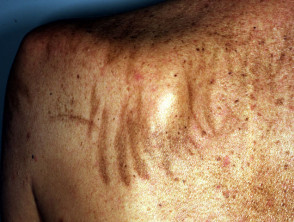



Bleomycin Dermnet Nz
To the Editor— Gilbert Bogen, MD, writes (, 1979) that 85% of a group of Vietnam war veterans exposed to Agent Orange experienced a resistant "rash," presumably caused by Agent Orange This differs greatly from my experience Over the past four months, I have examined 16 veterans with histories of Agent Orange exposure, at the Veterans Administration MedicalAgent Orange was a tactical herbicide the US military used to clear leaves and vegetation for military operations mainly during the Vietnam War Veterans who were exposed to Agent Orange may have certain related illnesses If you have an illness caused by exposure to Agent Orange during military service, read below to find out if you may be eligible for disability compensationHelp for Those Exposed In 1991, Congress passed the Agent Orange Act It allows for evaluations of studies on the health effects of the herbicide from time to time




The Vietnam War S Agent Orange Legacy Unreported World Youtube




Disfigured Ex Ukrainian President Reveals His Face Swelled And Erupted With Pus After His Rice Was Laced With Agent Orange Toxin
It may also contribute to birth defects and disorders in veterans' children Studies have indicated that Agent Orange exposure has led to increased rates of stillbirths and birth defects in the children of veterans exposed to Agent Orange Additionally, evidence has linked AgentMore than 2,000 US airmen will be compensated for exposure to Agent Orange during the Vietnam War What has the herbicide done to their bodies?Follow CliffAgent Orange is a herbicide and defoliant chemical, one of the "tactical use" Rainbow HerbicidesIt is widely known for its use by the US military as part of its herbicidal warfare program, Operation Ranch Hand, during the Vietnam War from 1961 to 1971 It is a mixture of equal parts of two herbicides, 2,4,5T and 2,4DIn addition to its damaging environmental effects, traces of dioxin




Report Confirms Agent Orange S Link To Skin Cancer Risk



1
Some of the longterm effects of exposure to Agent Orange include cancer, liver damage, heart and lung disorders, skin ailments and nervous system diseases, according to Truthout The effects of exposure have been shown to also reach the following generations of those exposed Children and grandchildren of exposure victims can suffer from deformities, mental andConcerns arise over health effects Concerns about the health effects of exposure to Agent Orange were initially voiced in 1970, following a study that reported the incidence of birth defects in laboratory mice given high doses of the herbicide 2,4,5T TCDD, a dioxin contaminant of 2,4,5T, was isolated as the actual cause of the birth defects Agent Orange's effects will be with us for a long time Faced with public pressure, the US Veterans Administration has expanded its medical aid




Opinion The Forgotten Victims Of Agent Orange The New York Times




Photos The Agent Orange Syndrome Vanity Fair
A second issue of agent orange chemical is a liver problem called porphyria cutanea tarda The person with this condition is very sensitive to both heat and sunlight Skin tone is effected and there can be painful skin blisters as well as the reduction in thickness and elasticity of the skin The committee that carried out the study and wrote the report, Veterans and Agent Orange Update 11 (18), focused on the scientific literature published between Sept 30, 14, andAgent Orange development started back during World War II In 1943, the US Department of the Army hired Arthur Galston, a graduate student in the University of Illinois at ChampaignUrbana's botany department to study the effects of Agent Orange chemicals on grain crops




Chloracne From Agent Orange Can Earn A Va Rating And Pay Disability
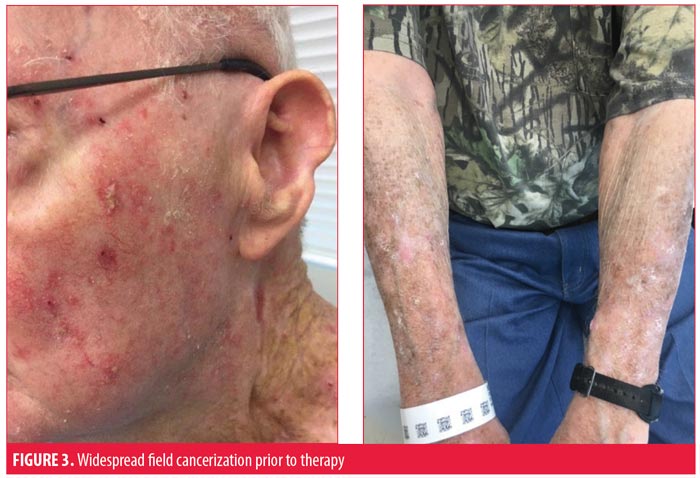



Innumerable Squamous Cell Carcinomas In Vietnam War Veteran Exposed To Chemical Defoliants Jcad The Journal Of Clinical And Aesthetic Dermatology
Health effects The most illustrative effects of Agent Orange upon the Vietnamese people are the health effects Scientific consensus has made it clear that the importance of accuracy in terms of sitespecific cancer risk as well as the difficulty in identifying Agent Orange as the cause of that specific cancer risk must be acknowledged Previous studies on the subject have not been
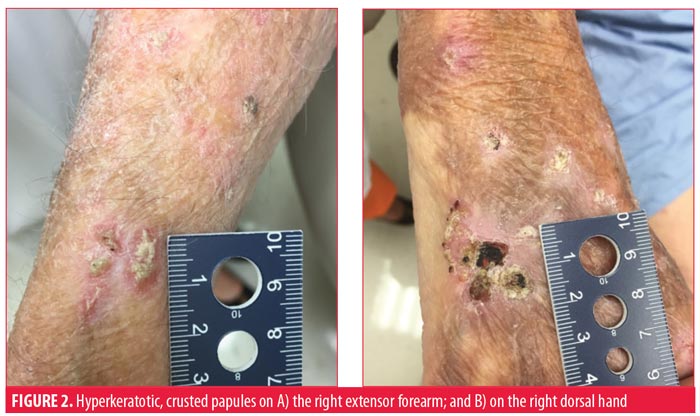



Innumerable Squamous Cell Carcinomas In Vietnam War Veteran Exposed To Chemical Defoliants Jcad The Journal Of Clinical And Aesthetic Dermatology




Agent Orange The Legacy Of The Vietnam War 1854 Photography
:quality(70)/arc-anglerfish-arc2-prod-mco.s3.amazonaws.com/public/7YVO4KZ35ZAE5LVKZ2P4JH7ICA.jpg)



Vietnam Vets Link Agent Orange To Children S Illnesses



Agent Orange 24 Chilling Photos Of The War Crime The Us Got Away With




Photos The Agent Orange Syndrome Vanity Fair




Agent Orange Diseases And Symptoms Breakdown Hill Ponton P A




Agent Orange Diseases And Symptoms Breakdown Hill Ponton P A




Nguyen Xuan Minh 4 Years Is Tended To At The Tu Du Hospital May 2 News Photo Getty Images
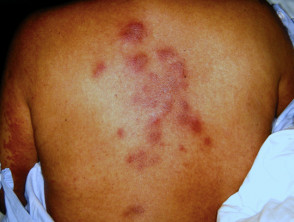



Skin Toxicity Of Chemotherapy Drugs Dermnet Nz




1 213 Agent Orange Photos And Premium High Res Pictures Getty Images
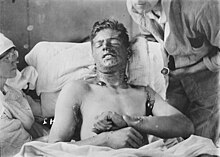



Mustard Gas Wikipedia




Agent Orange Definition Effects Victims Britannica
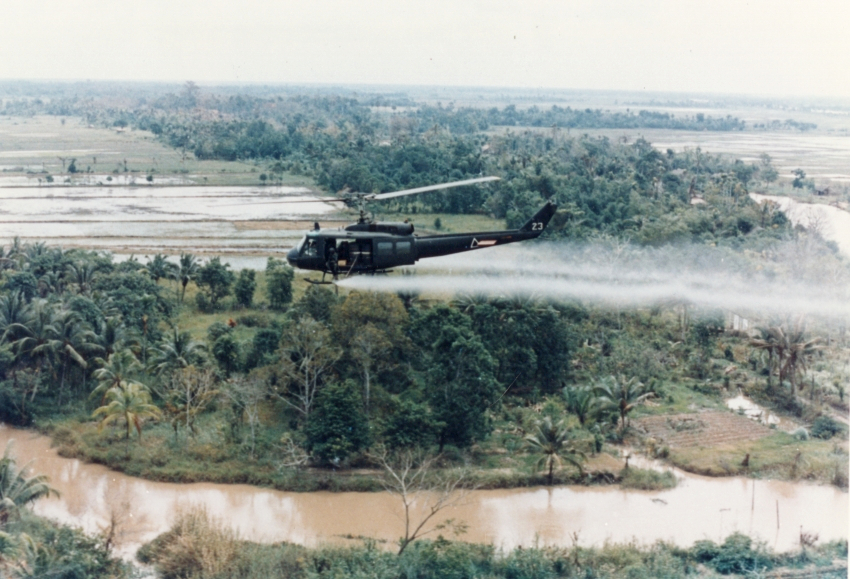



Agent Orange Wikipedia




This Is The Legacy Of Agent Orange In Vietnam




The Children Of Agent Orange Propublica
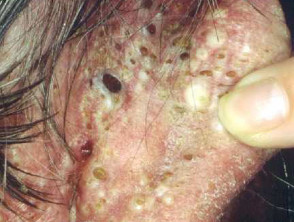



Chloracne Madish Dermnet Nz



Agent Orange




Agent Orange Vietnam 07 Victim Of Agent Orange Tu Du Flickr




Agentorange High Resolution Stock Photography And Images Alamy




Officials Just Now Recognizing Agent Orange Exposures The Salt Lake Tribune



The Shocking Health Effects Of Agent Orange Now A Legacy Of Military Death




The Children Of Agent Orange Propublica




Agent Orange Deformities The Children Of Vietnam S Horrific Legacy News Com Au Australia S Leading News Site




New Documentary Explores Agent Orange S Little Known Medical Legacy For Civilians Here Now




Skin Diseases Associated With Agent Orange And Other Organochlorine Exposures Sciencedirect




Dioxins Definition Dangers Sources Types And More
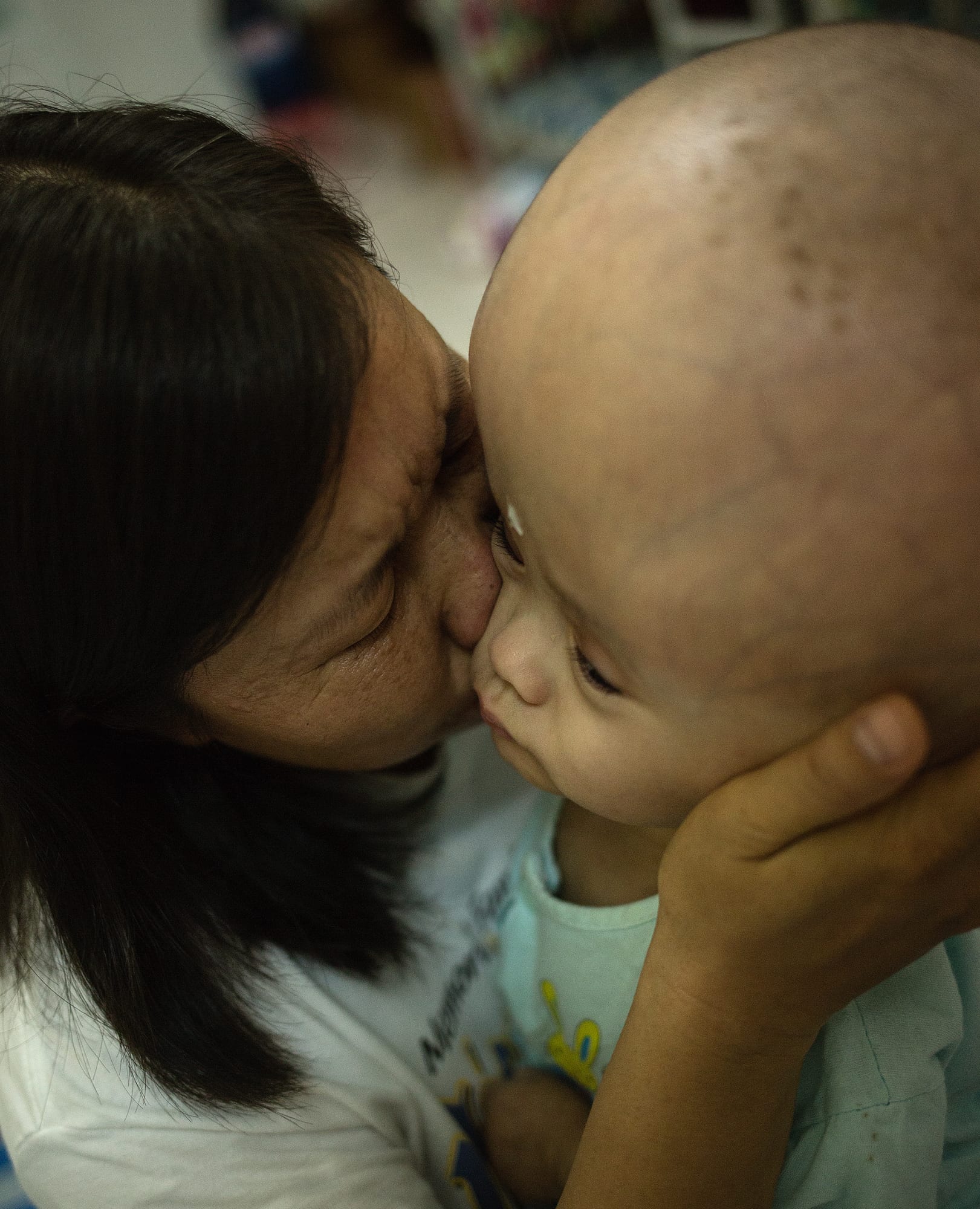



Agent Orange The Legacy Of The Vietnam War 1854 Photography




The Poisonous Legacy Of Agent Orange Orange County Register




Agent Orange Diseases And Symptoms Breakdown Hill Ponton P A




Agent Orange Wikiwand




Agent Orange History




Media Blackout On Agent Orange Fair
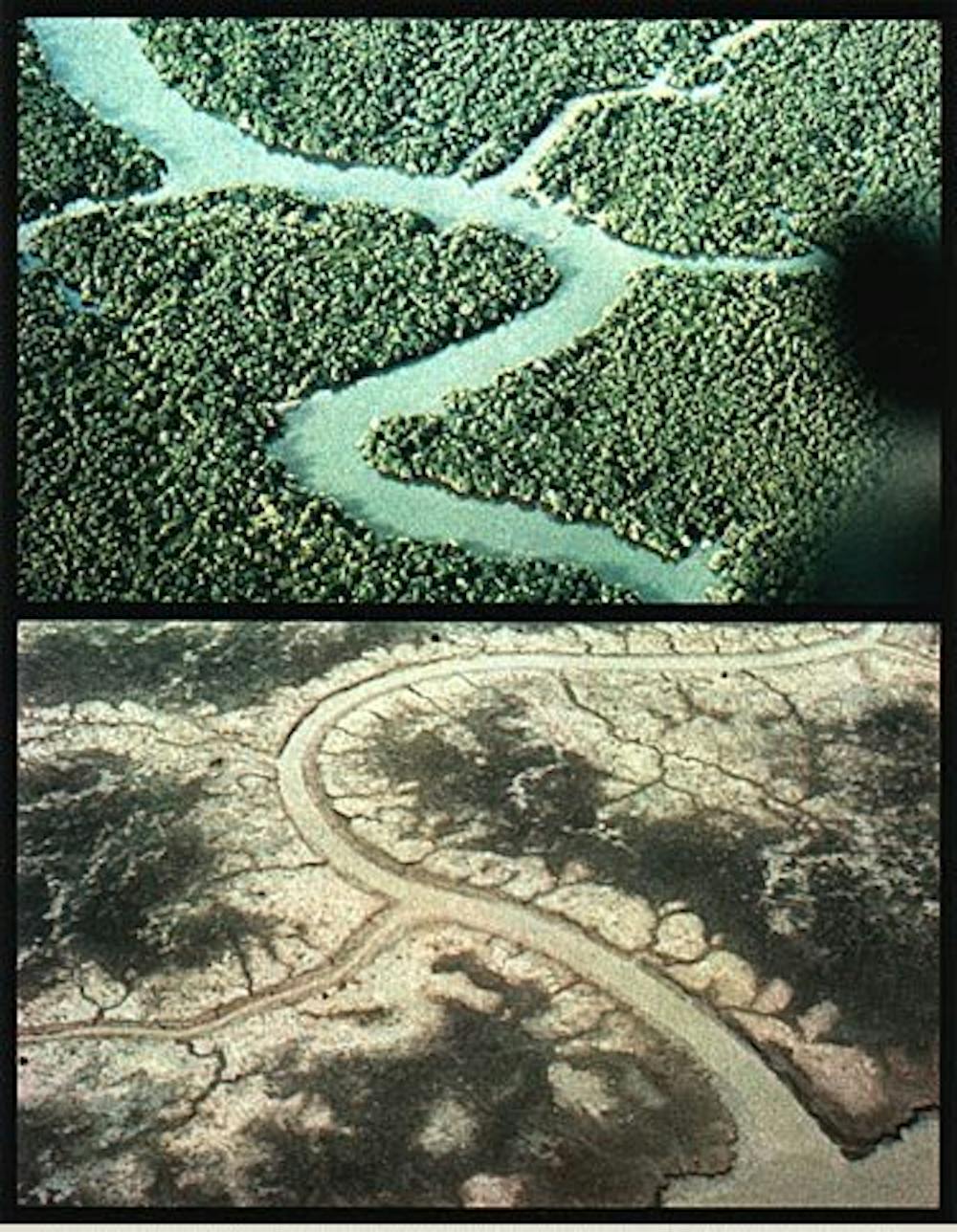



Agent Orange Exposed How U S Chemical Warfare In Vietnam Unleashed A Slow Moving Disaster




Thai Thi Nga A 12 Year Old Vietnamese Who Suffers From Melanoma A Skin Disorder That Vietnam Says Was Caused By Her Father S Exposure To The U S Defoliant Agent Orange Learns To Do Embroidery




Agent Orange Exposure Increases Skin Cancer Risk In Vietnam Veterans
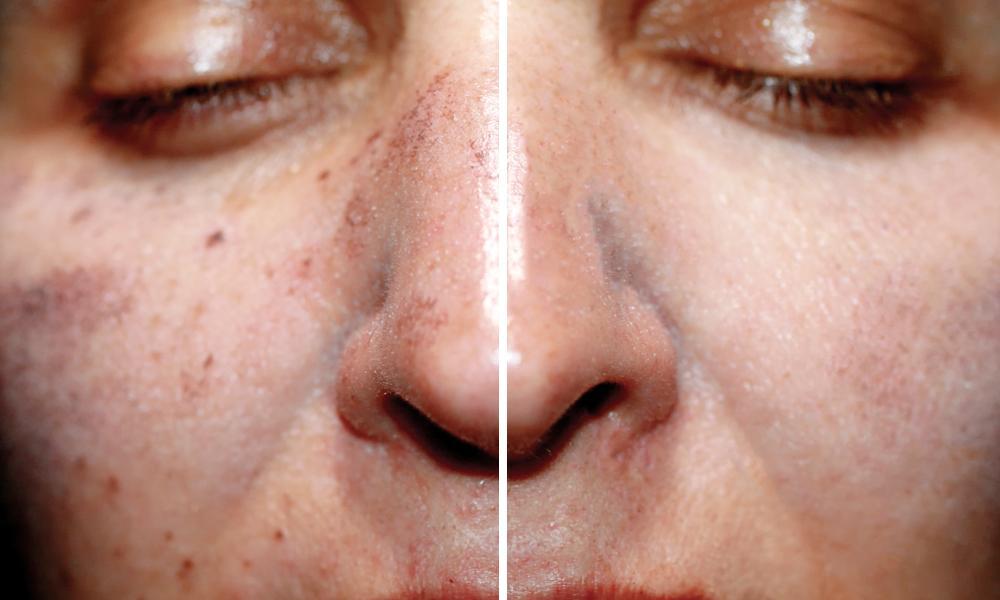



See Dark Spots Go With Picosure Laser Skin Rejuvenation Orange Coast Aesthetics Cosmetic Specialists




Skin Diseases Associated With Agent Orange And Other Organochlorine Exposures Sciencedirect
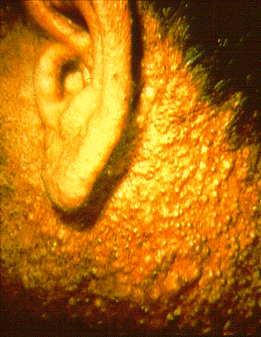



Chloracne Wikipedia



The Agent Orange Herbicide Used In The Vietnam War Was Made By Monsanto Which Also Makes Roundup Are The Two Products The Same Thing Or Related Quora



Skin Disorder All About Agent Orange




Understanding The Impact Of Agent Orange Canadian Mennonite Magazine



Australian War Memorial To Revise Official Record Of Impacts Of Agent Orange Use In Vietnam War Abc News
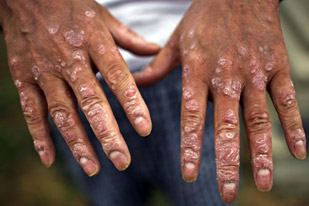



Vietnam S Forgotten War Victims News Al Jazeera




Dead Forests Dying People Agent Orange Chemical Warfare In Vietnam The Asia Pacific Journal Japan Focus




Agent Orange S Long Legacy For Vietnam And Veterans The New York Times




15 Diseases Caused By Agent Orange Exposure



Paula Bronstein S Photos Of Disabled Agent Orange Vietnamese
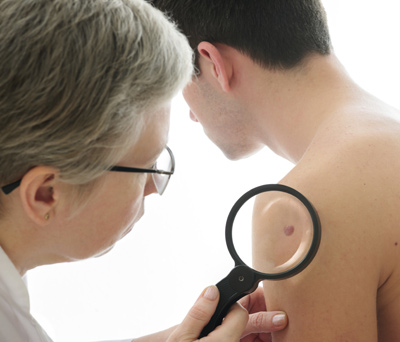



Agent Orange And Skin Cancer Skin Care Blog




Porphyria Cutanea Tarda Pictures Treatment And More
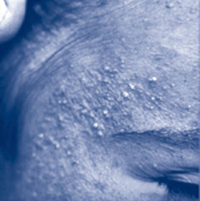



Skin Conditions Qualifying For Presumptive Service Connection Public Health




U S Vietnam Disagree Over Effects Of Agent Orange On Next Generation Twin Cities




Agent Orange And Skin Cancer Risks In Vietnam Vets




Dead Forests Dying People Agent Orange Chemical Warfare In Vietnam The Asia Pacific Journal Japan Focus




Agent Orange Victims Then And Now In 24 Disturbing Photos



Vietnam War Was Agent Orange Actually Dangerous To Humans Quora




Michael Ryan Dies At 72 Vet Raised Awareness Of Agent Orange Effects Newsday
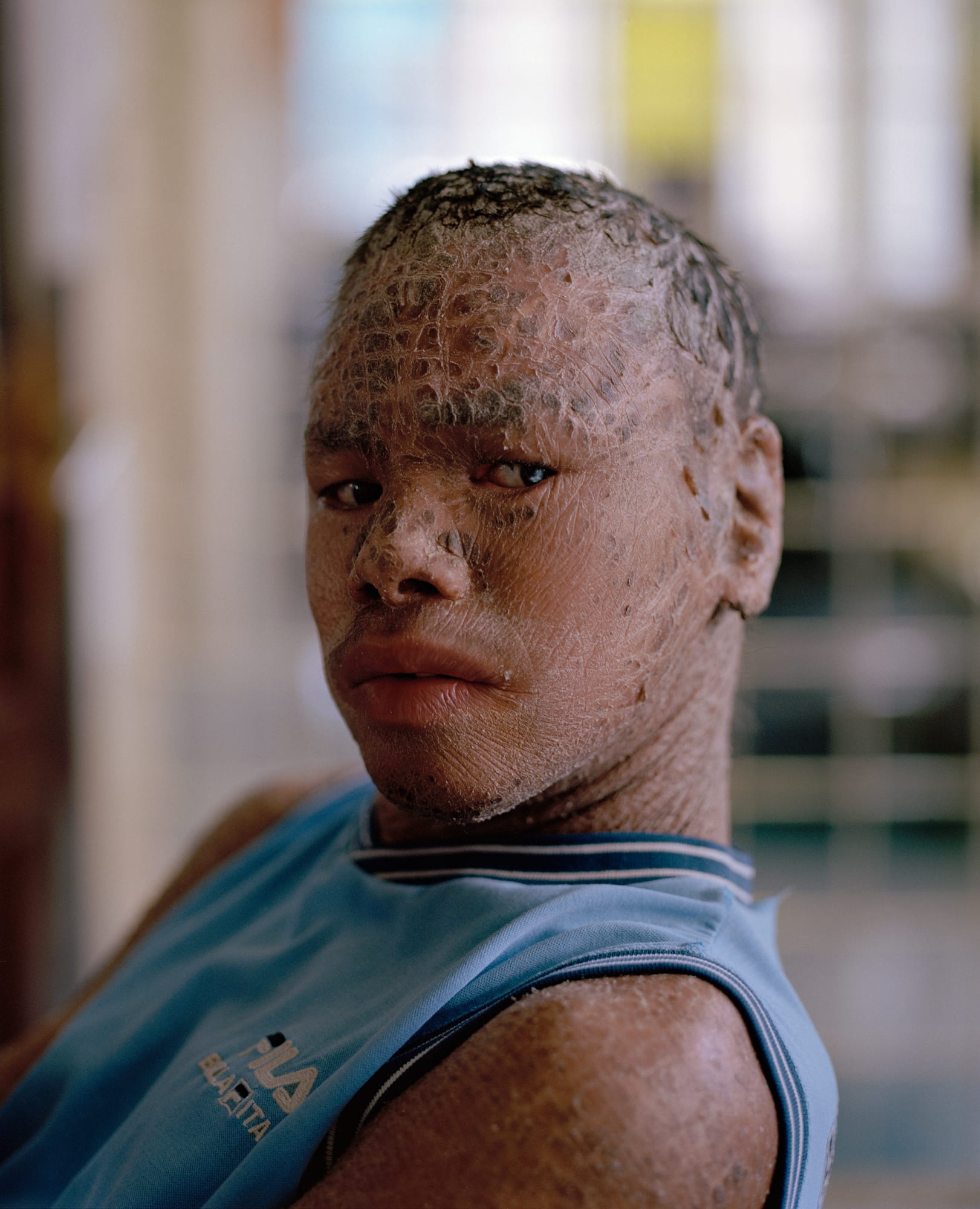



Agent Orange The Legacy Of The Vietnam War 1854 Photography




The Victims Of Agent Orange The U S Has Never Acknowledged The New York Times




Overcoming Retinoid Side Effects By Using A Retinol Like Alternative
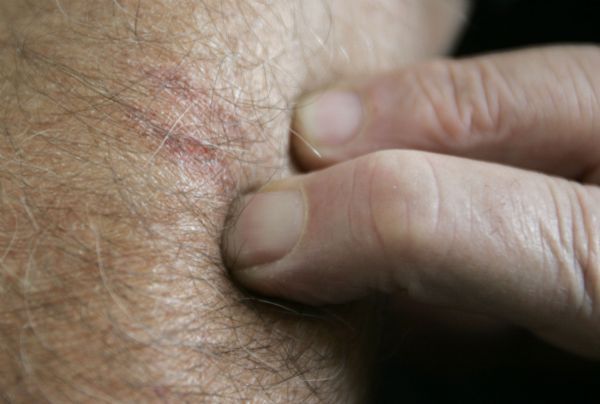



Officials Just Now Recognizing Agent Orange Exposures The Salt Lake Tribune
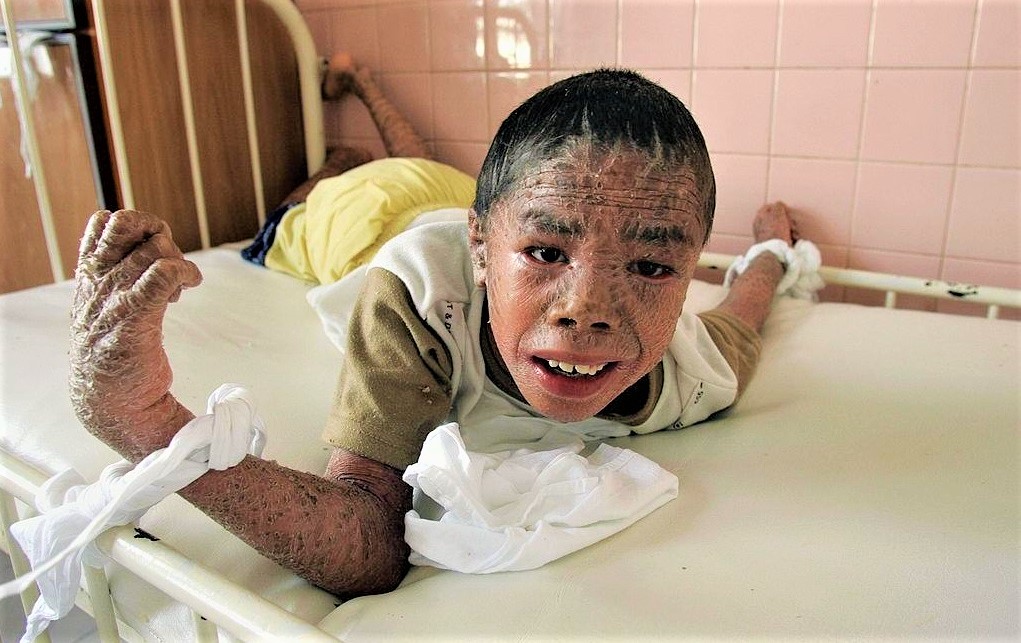



Agent Orange Victims Haunting Photos Of The Unpunished War Crimes Of U S In Vietnam War




Vietnam War S Napalm Girl Kim Phuc Has Laser Treatment To Heal Wounds Us News The Guardian
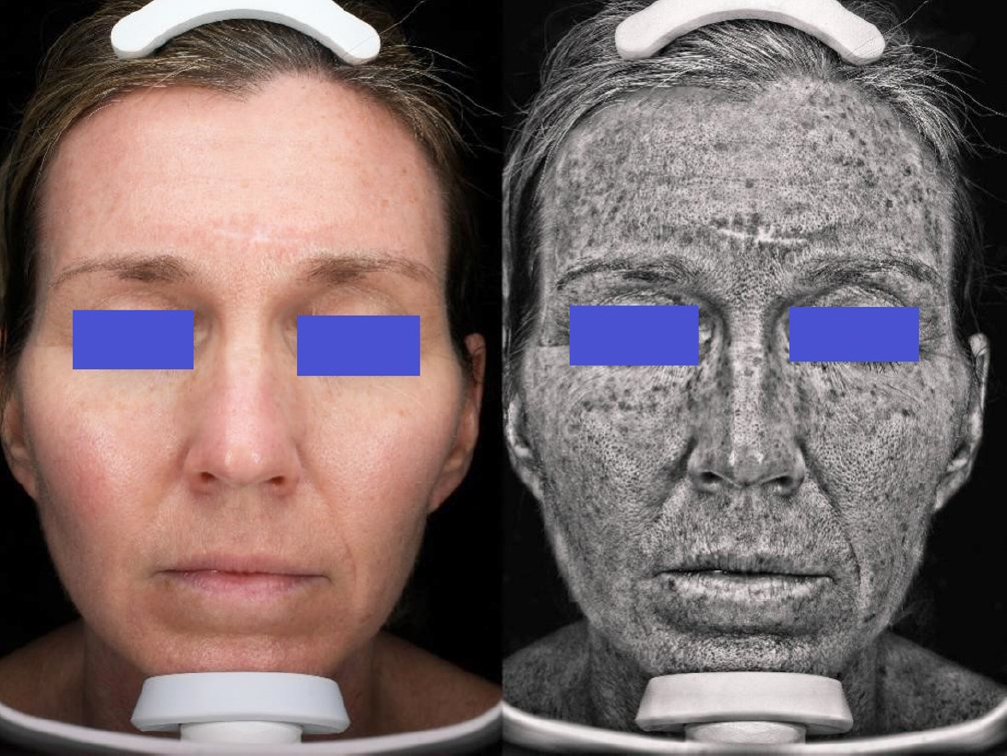



Environmental Aging Of The Skin New Insights




Toxic Byproducts Of Agent Orange Still A Hazard For Vietnam Orissapost
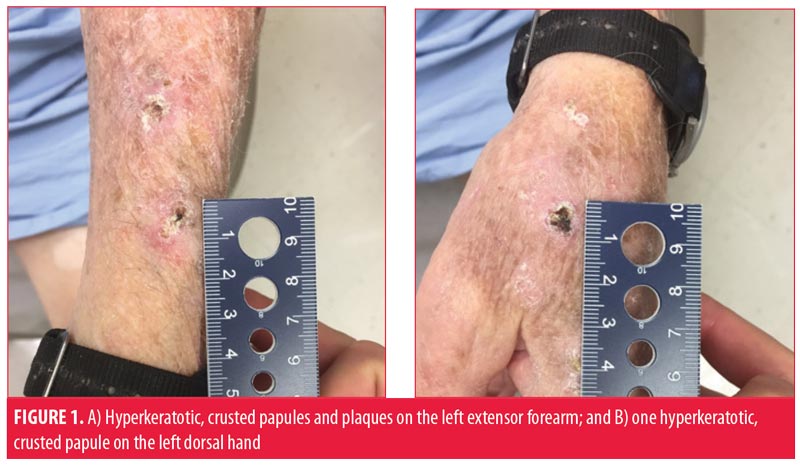



Innumerable Squamous Cell Carcinomas In Vietnam War Veteran Exposed To Chemical Defoliants Jcad The Journal Of Clinical And Aesthetic Dermatology




Important Information For Our Veteran S A Review And Repost From Richard Schweitzer Around Town News Florida The Hollywood Times




Agent Orange Effects Being Seen In Grandchildren Of Vietnam War Veterans




Christopher Hitchens On Agent Orange And Its Continued Destruction In Vietnam Vanity Fair




Pin On Vietnam War




Vietnam War Was Agent Orange Actually Dangerous To Humans Quora




18 Melasma Treatments Signs Causes During Pregnancy
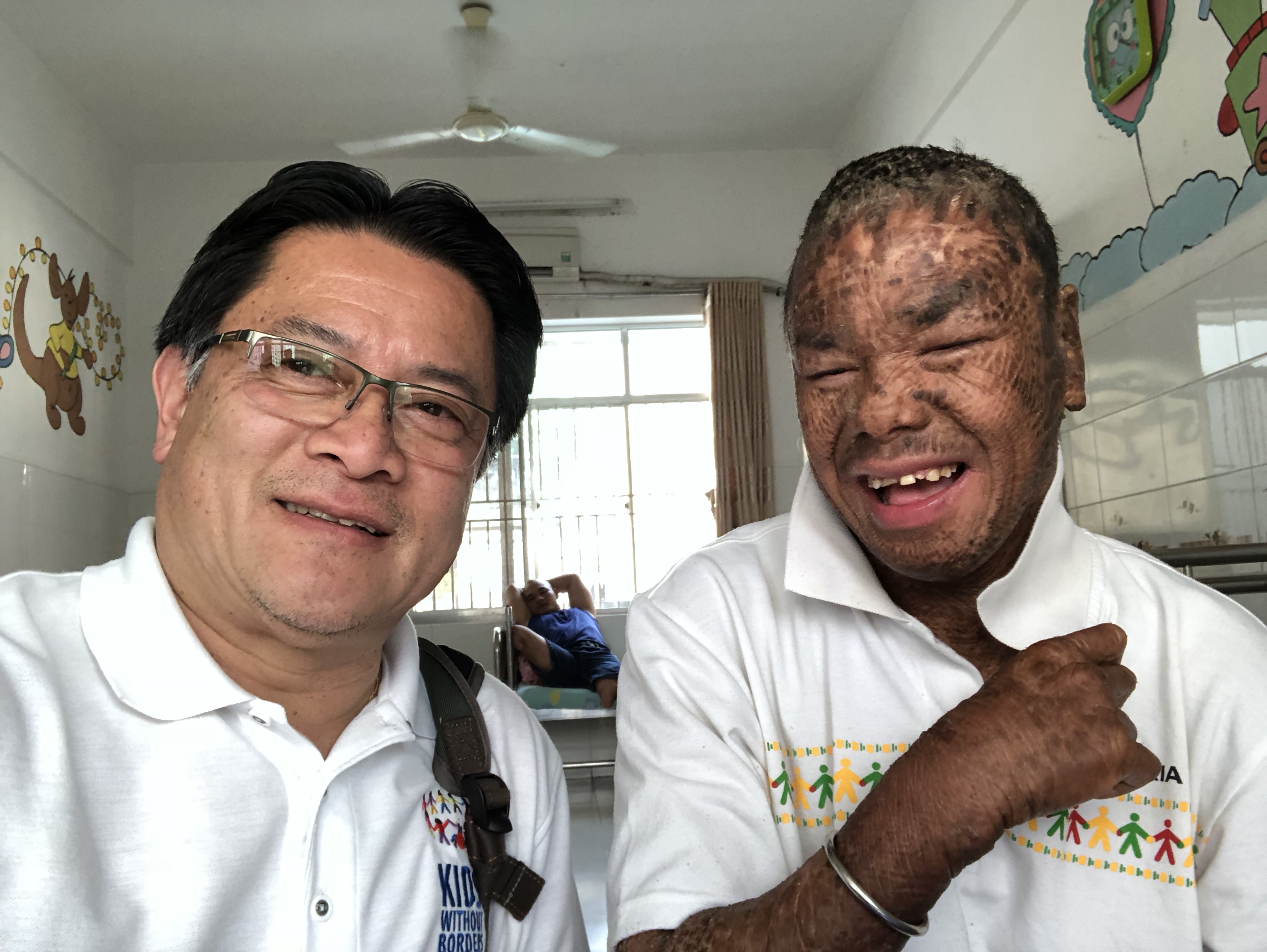



New Book Exposes Lingering And Debilitating Impact Of Agent Orange On Vietnamese Asamnews




Agent Orange Victims Then And Now In 24 Disturbing Photos




Skin Conditions Qualifying For Presumptive Service Connection Public Health




Agent Orange International Union Of Historians And Philosophers




Agent Orange Victims Haunting Photos Of The Unpunished War Crimes Of U S In Vietnam War



What Effect Did Agent Orange Have In Vietnam Quora




Vietnam War Veterans Kids Say Agent Orange Impact A Nightmare Abc News




In Photos The Devastation Of Agent Orange Four Decades After The Vietnam War




Virginia Man Suffers Rare Severe Reaction To Covid 19 Vaccine Wgn Tv



0 件のコメント:
コメントを投稿